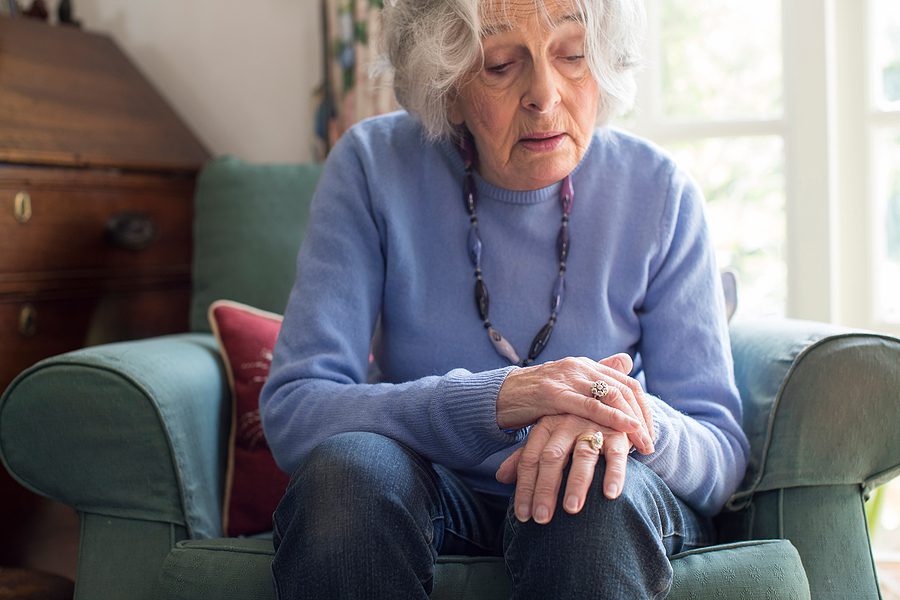Living with Parkinson’s Disease can add many challenges to the daily life of a senior. Many of the symptoms most commonly associated with the disease can make simple tasks more difficult. This article will discuss how Parkinson’s Disease can affect bathroom time, and some tips for caregivers to help their loved ones.
Symptoms of Parkinson’s Disease
The most common symptoms of this disease include tremors, muscle stiffness, involuntary movements, coordination and balance issues, trouble sleeping, fatigue, urine leaks, constipation, and much more. Each of these can make daily tasks and trips to the bathroom more difficult. Below, we will discuss ways to reduce challenges for elderly individuals living with Parkinson’s Disease for bathing, grooming, and using the toilet.
Bathing Challenges
Muscle stiffness and balance issues can spell trouble in the shower. Installing handrails in and around the shower helps greatly reduce the risk of falls. Additionally, the use of a secure, non-skid rubber mat in the shower can be vital. Shower stalls are easier for seniors to get in and out of, compared to shower/tub combos. Curbless showers are even better. If your loved one must use a shower/tub combo, consider investing in a transfer bench. A transfer bench is a bench that allows a senior to scoot carefully over the edge of the tub while sitting. This helps prevent them from tripping over the tub’s edge.
Grooming Challenges
Have your loved one sit down when possible while performing grooming tasks. An electric toothbrush can be helpful for those struggling with their motor skills. They may need additional help with tasks such as shaving.
Toileting and Parkinson’s Disease
Because constipation and urine leaking are symptoms of Parkinson’s disease, going to the bathroom can be even more of a challenge for your loved one. First, limit fluids before bed, to reduce the risk of accidents or late-night bathroom trips. Have your loved one try going to the bathroom every few hours, on a schedule. Keep a bell in the bathroom in case your loved one needs assistance from you or their aide. Installing a quality bidet with warm water and air-drying can help keep your loved one clean after their bathroom trips. Limit your loved one’s caffeine intake, as it can act as a diuretic.
A portable commode or bedpan can be helpful if your loved one has trouble leaving the bed at night. Lastly, incontinence pads or briefs can be a helpful layer of protection. Consider using washable pads instead of disposable ones
Help at Home and Parkinson’s Disease
Caring for a loved one living with Parkinson’s disease becomes easier with more help. Consider hiring a home health aide to provide care for your loved one. Your loved one may be more comfortable asking for bathroom help from their aide rather than a family member.
Safe Harbor Healthcare Services does not provide medical, healthcare, or financial advice via articles. This material has been prepared for informational purposes only, and is not intended to provide, and should not be relied on for medical advice.
Safe Harbor Healthcare Services has been providing excellent home care on Staten Island since 1967. Our services help the elderly and disabled live safely and independently; while giving their families the peace of mind they need. For more information contact us by clicking here, or call (718)-979-6900.

